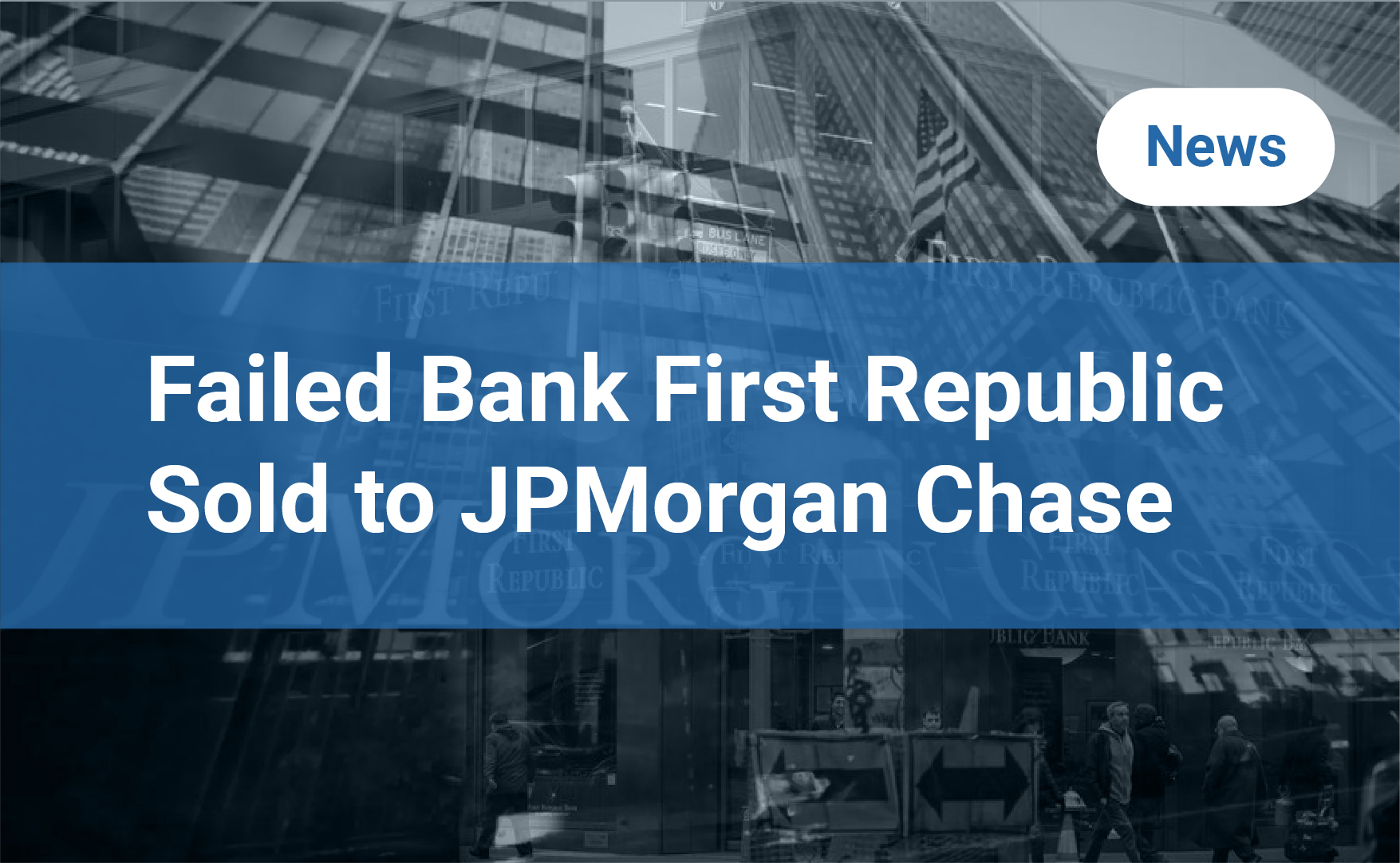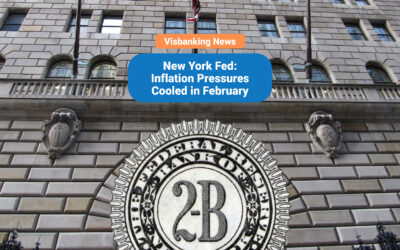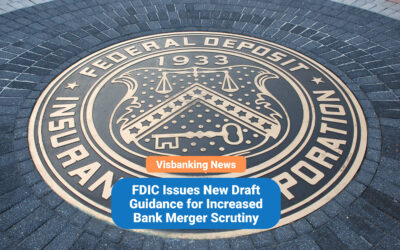After a weekend of frantic negotiations, U.S. regulators seized First Republic Bank on Monday. The Federal Deposit Insurance Corporation (FDIC has brokered a deal for JPMorgan Chase to purchase the failed bank’s assets. According to a statement released by the agency, the sale was arranged after a “highly competitive bidding process”
The sale to JPMorgan Chase Bank allows the financial giant to assume First Republic’s deposits and most of its assets. The deal means that First Republic’s 84 offices in the U.S. are now branches of JP Morgan Chase Bank, National Association as of today. The FDIC assured depositors that they will continue to have full access to their money:
“Deposits will continue to be insured by the FDIC, and customers do not need to change their banking relationship in order to retain their deposit insurance coverage up to applicable limits. Customers of First Republic Bank should continue to use their existing branch until they receive notice from JPMorgan Chase Bank, National Association, that it has completed systems changes to allow other JPMorgan Chase Bank, National Association, branches to process their accounts as well.”
Rescuing a failed bank
With its closure, First Republic has become the third failed bank in the last sixty days. March saw both Signature Bank and Silicon Valley Bank seized by the FDIC. Unlike those two closures, however, the FDIC was able to address First Republic’s problems without relying on so-called “emergency powers.” FDIC Board member Jonathan McKernan issued a statement expressing his satisfaction with the outcome:
“I am pleased we were able to deal with First Republic’s failure without using the FDIC’s emergency powers. It is a grave and unfortunate event when the FDIC uses these emergency powers. Any decision to use the FDIC’s emergency powers should be approached skeptically, taking into account the unique facts and circumstances of the time, and with careful attention to the implications for the future.”
JPMorgan to the rescue
JPMorgan Chase issued its own statement about the purchase, noting that the decision was made to help support the U.S. financial system. Chairman and CEO Jamie Dimon explained why his company stepped up to help resolve the First Republic crisis:
“Our government invited us and others to step up, and we did. Our financial strength, capabilities and business model allowed us to develop a bid to execute the transaction in a way to minimize costs to the Deposit Insurance Fund.”
According to Dimon, the purchase will provide modest benefits to JPMorgan Chase. Those benefits could include gradual growth for shareholders and advancements in the firm’s wealth strategy. The statement also confirms that the FDIC has provided “loss share agreements for the acquired commercial and residential mortgage loans.
The FDIC has estimated that the deal will cost the Deposit Insurance Fund roughly $13 billion. Of course, the actual cost won’t be known until the agency ends its receivership of First Republic.
In his own comments addressing the news, President Joe Biden once again called for more regulation of the financial industry. He also promised that U.S. taxpayers would not bear costs related to the failed bank and its sale:
“Let me be very clear, all depositors are being protected, shareholders are losing their investments, and critically, taxpayers are not the ones who are on the hook.”
As some observers have noted, the issue of who bears the cost of a failed bank is not that clear. It is true that taxpayers bear no direct costs when the Deposit Insurance Fund is used. However, they may still see higher fees for banking services as a result of the FDIC’s actions. Since that fund is reimbursed by the nation’s banks, those costs are often passed onto bank customers over time.




